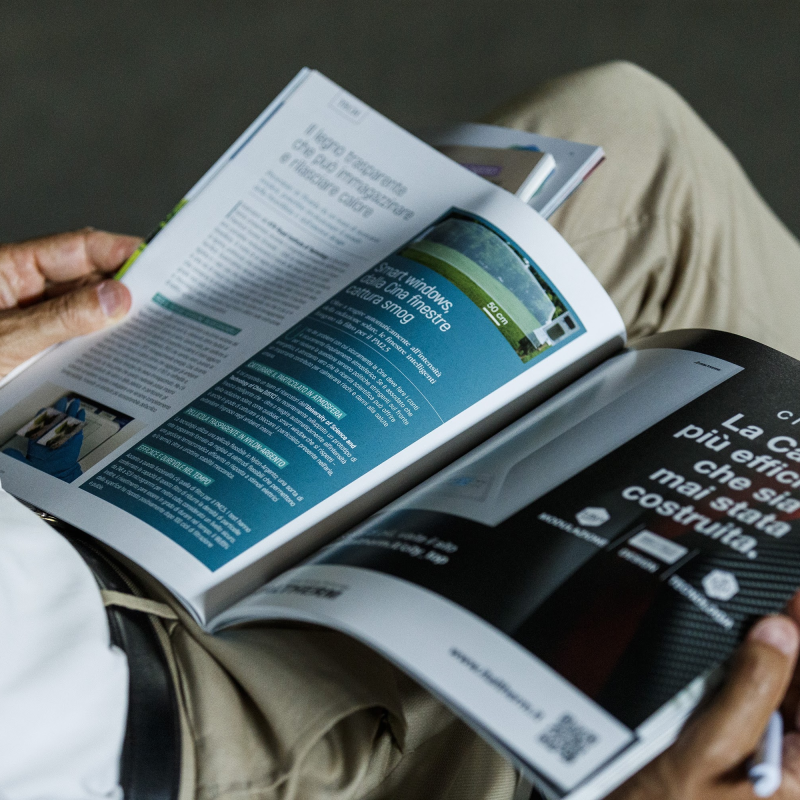Il Comitato Scientifico 2026 di REbuild: competenza e visione per guidare l’innovazione del costruire
Dietro ogni edizione di REbuild c’è un organismo che ne orienta la direzione culturale, ne garantisce la qualità e ne definisce i contenuti strategici: il Comitato Scientifico. È la sede in cui compet...
VIEW MORE


